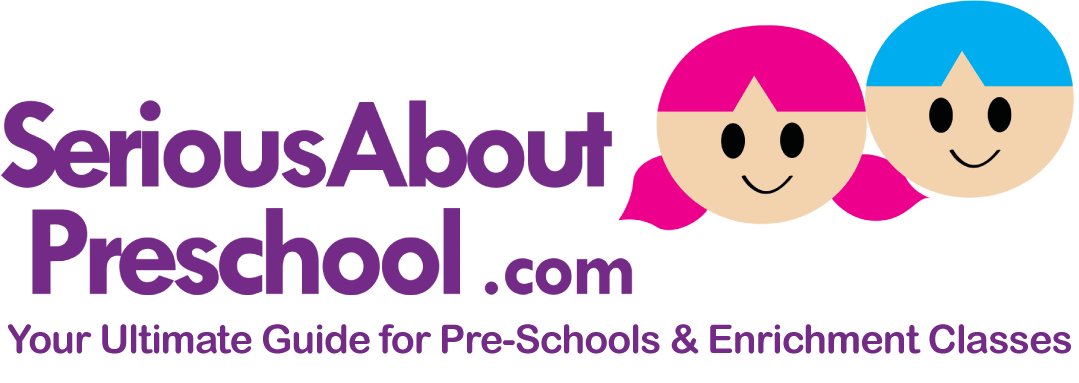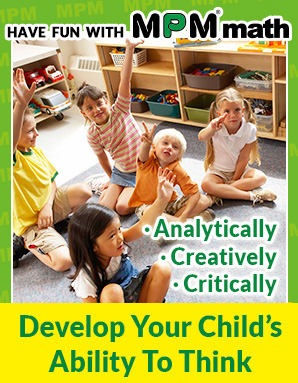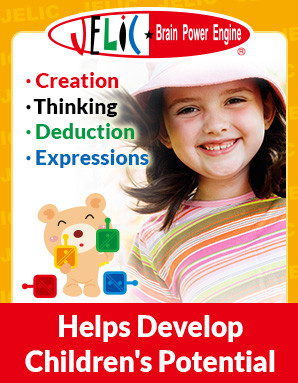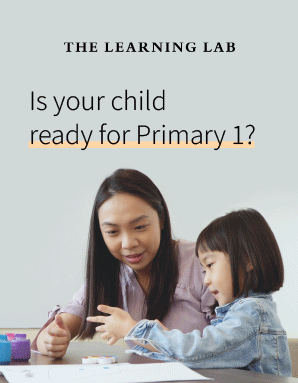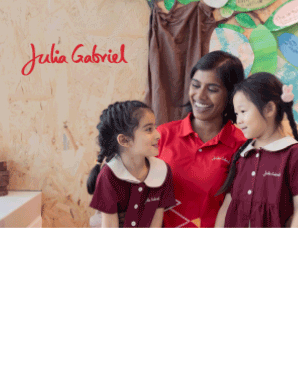Question:
Developing love for learning mandarin in young childrenAsked By : LiuRain
Words from the Expert:
Question:
My child is very young, only 18 months old. Should I start to cultivate his interest in Mandarin now or later?
Answer:
Home or family language activities for young children will help to develop a love and interest in learning Mandarin
Today we have a new understanding of how children learn language and the environmental factors which have positive effects on language development. There is much truth in the saying that parents are a child’s first teacher - especially when it comes to a child’s early language learning. Home or family language activities for young children will help to develop a love and interest in learning Mandarin.
A family language environment should include activities that guide and nurture language development. There many things parents can do to ensure that their children get off to a good start on the road of language learning.
Creating a language-learning friendly family environment is very important
Because language and speech are primarily learned through imitation and observation, the amount and kind of language stimulation at home also contributes to children’s language development. Talk to your child as often as you can. For example, use everyday activities like eating or bath time as opportunities, describe everything you do and name the everyday objects you and your little one come in contact with to help your child to develop language.
Read to your child
Stories are a great way for children to learn language. Children not only enjoy stories, they love the bonding that comes naturally when they are being read to by their parents. Make reading a part of your life, perhaps as a daily bedtime ritual, and enjoy the language yourself. Interact both with the book and with your child. For example, act out the stories using funny faces and voices. Keep this light, fun and brief. To further encourage a Mandarin environment, create a designated space on the bookshelf for Mandarin books.
Building language through play
Sit-down-and-study language programmes may seem more efficient because children can ‘learn’ a lot of vocabulary in a short period. But, the problem is that what is learned is quickly forgotten. Children will truly acquire language skills when they use language to communicate in a meaningful way. And so the most effective way to learn a language in the long run is through play. There are plenty of good games in Mandarin on the market, including board games and flash cards that encourage interaction and allow the language to come alive naturally through play.
Young children love to involve themselves in songs
Singing is a great way to learn language. When words are matched with melody, we remember them more easily. This is a fun way to build vocabulary. Get some Mandarin music CDs and learn the songs yourself. You’ll have great fun singing with your children around the house.
Create as many opportunities as possible for your child to learn and speak Mandarin.
Children of all ages will learn from each other, there simply are no better language teachers than other kids. Arrange playdates with other Mandarin speaking children so that they can use the language while they play with their friends.
Be a role model
Even when you’re not aware of it, your children are watching you and taking their behaviour cues from you. Which is why you can’t expect your children to want to learn Mandarin if you’re not interested in the language yourself. Even if you are not a good Mandarin speaker, show a personal interest in learning the language yourself. For example, encourage your child to use the words that they learned at school, at home. Ask them what the words mean and use them yourself. This is very empowering for a child because they enjoy becoming the ‘teacher’.
Remember that with all learning, your enthusiasm and involvement is the key to happy and healthy development.
The Expert:
Huang Ying
Principal of Chengzhu





